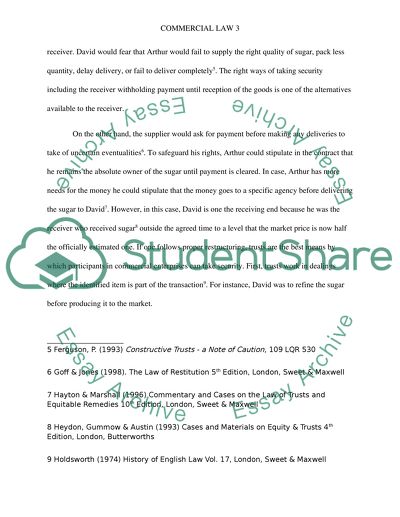Cite this document
(“Commercial law Essay Example | Topics and Well Written Essays - 2000 words - 6”, n.d.)
Retrieved from https://studentshare.org/law/1643351-commercial-law
Retrieved from https://studentshare.org/law/1643351-commercial-law
(Commercial Law Essay Example | Topics and Well Written Essays - 2000 Words - 6)
https://studentshare.org/law/1643351-commercial-law.
https://studentshare.org/law/1643351-commercial-law.
“Commercial Law Essay Example | Topics and Well Written Essays - 2000 Words - 6”, n.d. https://studentshare.org/law/1643351-commercial-law.


